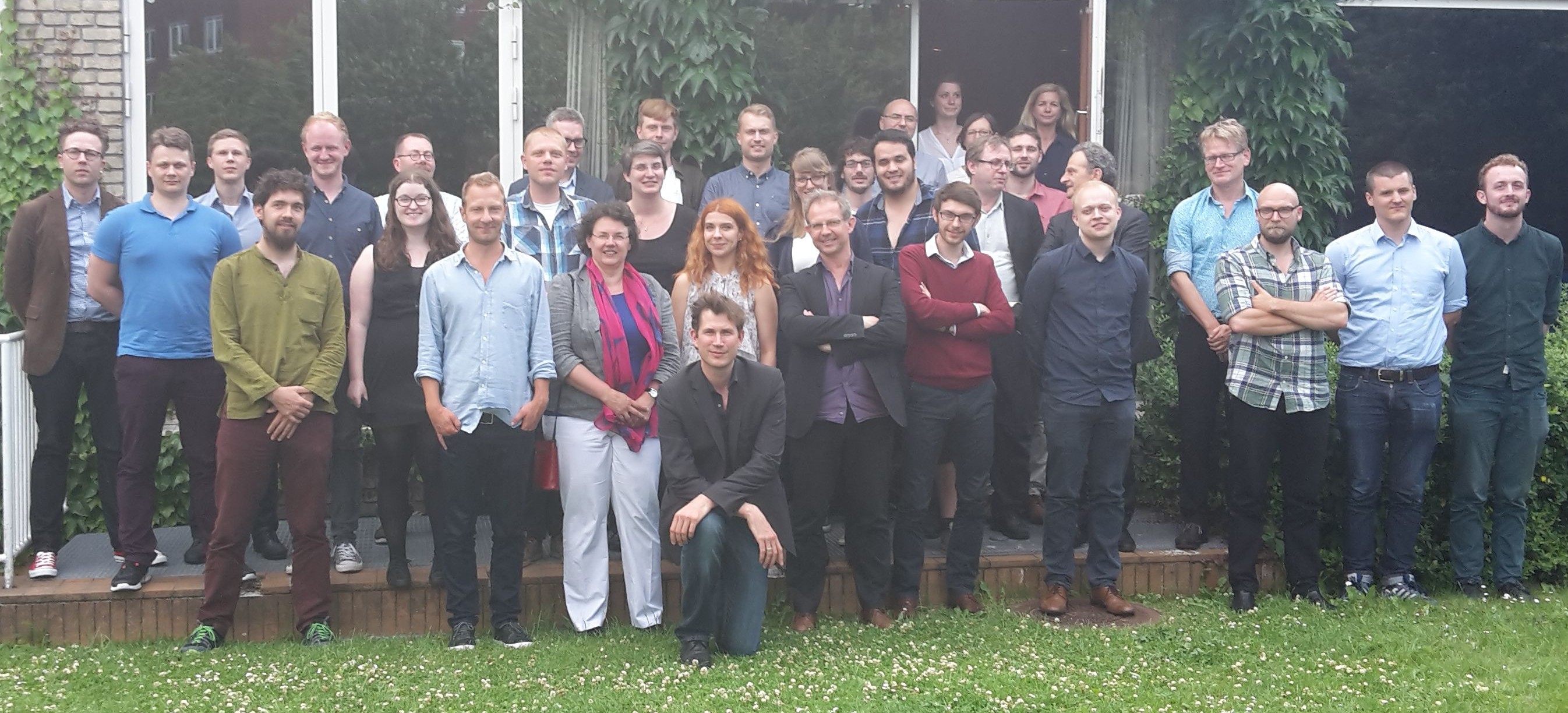The 4th International PhD Conference of the Association for Political History (APH) was opened by a roundtable on “Political History in the 21st Century” which addressed a broad range of topics including methodological questions, the necessity to frame the field of political history, and the role of historians in contemporary debates. 
The 4th International PhD Conference of the Association for Political History (APH) was opened by a roundtable on “Political History in the 21st Century” which addressed a broad range of topics including methodological questions, the necessity to frame the field of political history, and the role of historians in contemporary debates.
The participants agreed on the need to broaden the scope of political history, going beyond earlier practices of diplomatic history (Duncan Kelly). Instead of focusing narrowly on events or institutions, political history has to account for the fact that political change is often initiated outside of the political domain (Maartje Janse). In fact, since all social facts have a political dimension, it was suggested, there are no limits to the study of political history (Marc Lazar).
In contrast to earlier debates, the transnational character of all political processes, it seemed, did no longer need emphasizing within this circle of scholars. Instead, the construction of legitimacy within discourses was stressed as a central matter of political history today (Hagen Schulz-Forberg). Even more, a shift from a history of ideas to a history of political discourse and languages of legitimation was identified (Kelly). The discursive nature of politics calls for a focus on language, discourses and the social construction of reality (Pasi Ihalainen). Ideas only exist in context and therefore an analysis of the social coproduction of ideas has to include not only words but also e.g. symbols (Ido de Haan).
Going hand in hand with this shift in focus, the debate showed, the discipline should open up its methodological toolbox to include insights from social science research (Janse). The historian’s obligation to make a case for the methodologies applied was identified as an important development within the field.
Moreover, as in earlier debates, attention was called to the necessity to reflect on the contemporary context in which one writes history. Pressing contemporary political issues such as immigration, efforts of (de-)politicization, the widespread rejection of the ruling classes, or the return of nationalist movements, it was held, could not be ignored (Lazar). This opened the debate on the role of the historian within society. Whether the historian could remain indifferent to contemporary developments, or if he should be present in public debates, however, remained contested.
While on the one hand, the historian was said to hold a twofold responsibility for both scientific knowledge and public debate (Lazar), the proximity to politics was also seen critically. History’s function of legitimizing political regimes in the past, it was noted, had contributed to the negative reputation of political history in the first place (de Haan). In addition, the inapplicability of historical insights for contemporary debates was underlined by current examples resulting in cranky attempts (Kelly). Acknowledging the instrumentalization of historians by politics, efforts to meet the challenges of taking part in contemporary debates, it was maintained, was nonetheless desirable (Lazar). The role of history in education was also mentioned but could not be discussed in detail due to time constraints.
Touching on a vast range of topics, the lively debate provided the audience with interesting insights into the state of the art of political history, common standpoints and key controversies.
AK
